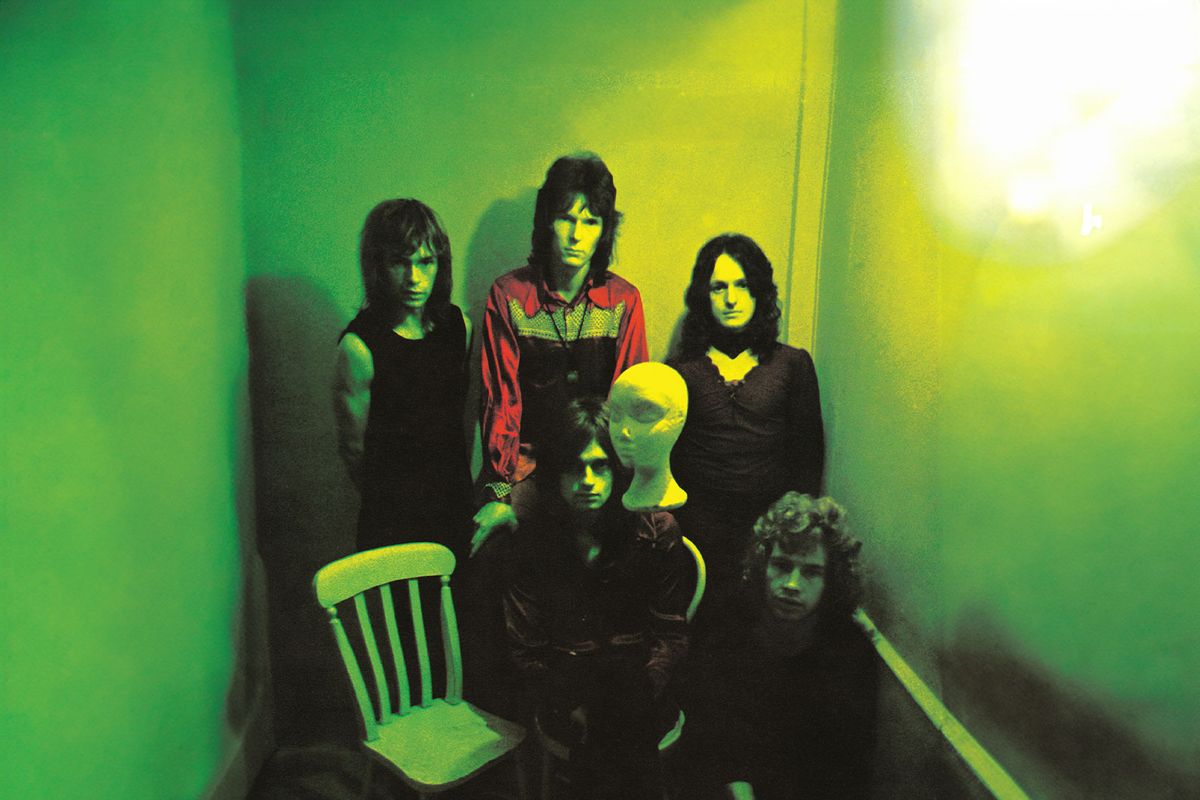Released in February 1971, "The Yes Album" has already stood the test of time. For Yes, one of progressive rock’s stalwarts, the LP marked a critical juncture in the band’s creative life. After two lackluster albums, the group was on the chopping block, poised to be dropped by Atlantic Records before they could find their footing as one of the 1970s' standout acts.
For the one-time covers band, "The Yes Album" marked a critical and commercial breakthrough — and one that clearly arrived in the nick of time as far as the group’s future was concerned. One of the key ingredients in their good fortune was producer Eddy Offord.
As his maiden voyage with the group, "The Yes Album" portended things to come. At the time, he had already proven his mettle with Emerson, Lake and Palmer, Yes’ prog rock brethren. And he was poised to do the same for Yes. Indeed, Offord would helm several LPs during the band’s heyday, including such masterworks as "Close to the Edge" (1971), "Fragile" (1972) and "Tales from Topographic Oceans" (1973).
With Rhino’s new four-disc box set devoted to "The Yes Album," Offord’s original production has received the kind of deluxe treatment that the LP so richly deserves. The album’s contents have been skillfully remixed by Steven Wilson, who “spatialized” the LP’s song cycle. In layman’s terms, Wilson has succeeded in opening up the album’s tracking in such a way that each song’s instrumentation seems disaggregated, less “muddy” in terms of the overarching quality of the mixes.
Take “Yours Is No Disgrace,” "The Yes Album's" triumphant opening track. Guitarist Steve Howe and keyboard player Tony Kaye’s music has never sounded more tight, yet at the same time, the listener can differentiate the band’s instrumentation. And then there’s “Starship Trooper,” the magnum opus at the heart of the album. For my money, it doesn’t get any better than the majestic musical climax that punctuates the epic song’s final third.
Want a daily wrap-up of all the news and commentary Salon has to offer? Subscribe to our morning newsletter, Crash Course.
In terms of sheer beauty, nothing matches Jon Anderson’s buoyant vocal mastery on “Your Move,” the first segment of the “I’ve Seen All Good People” suite. In Wilson’s hands, Anderson’s vocals soar about Kaye’s keyboards in splendid repose. Among the box set’s bevy of bonus material, the instrumental versions of "The Yes Album's" contents are particularly valuable. In their own way, they highlight the band’s incomparable musicianship as arguably prog rock’s reigning masters. It’s that good.
Read more
stories by Kenneth Womack

Shares